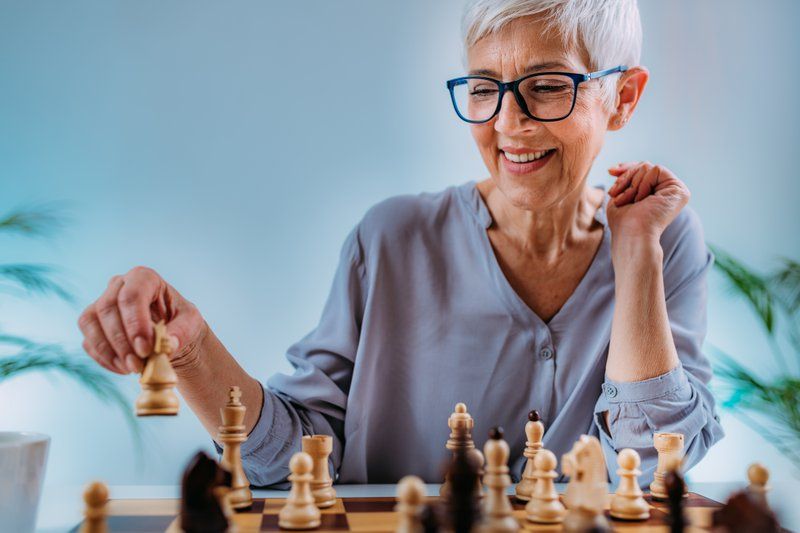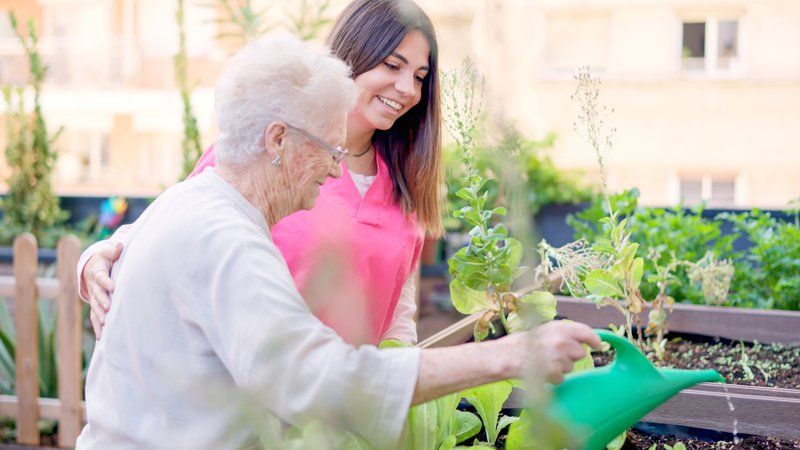
In the world of brain injury care, the restorative power of social activities stands as a pivotal force in the journey toward identity restoration. With a staggering statistic underscoring its significance, this article embarks on a comprehensive exploration of the profound connection between social engagement and the rebuilding of confidence and identity post-brain injury.
By exploring the role of holistic care, innovative programs, and personalized care plans, we aim to illuminate the transformative influence of social activities in reaffirming identity after a brain injury.
The Impact of Social Activities on Identity Restoration
The connection between social activities and the restoration of identity post-brain injury is profound, shaping the path toward recovery in significant ways. Here’s a closer look at the intricate link and its implications:

- Rebuilding Confidence Through Social Engagemen t: Engaging in social activities fosters a sense of belonging and purpose, crucial elements in rebuilding confidence after a brain injury. By participating in group discussions, recreational outings, and communal events, individuals can gradually regain a sense of self-worth and social identity.
- Validation and Recognition: Social interactions provide a platform for validation and recognition, essential components in the restoration of identity. When individuals with brain injuries engage in meaningful conversations and shared experiences, they receive affirmation of their thoughts and emotions, contributing to a renewed sense of self.
- Industry-Specific Terminology: Within the context of brain injury care, the term “social integration” encapsulates the process of individuals with brain injuries participating in community activities and forming connections. This integration is pivotal in restoring a sense of identity and purpose, aligning with the overarching goal of holistic care in brain injury recovery.
The intricate link between social activities and identity restoration becomes evident through these examples, underscoring the pivotal role of social engagement in the journey toward renewed confidence and self-identity post-brain injury.
The Holistic Approach to Brain Injury Care
A holistic approach to brain injury care plays a pivotal role in fostering confidence and restoring identity. Here’s a closer examination of how holistic care contributes to the rebuilding of identity:
- Emotional and Psychological Support: Holistic care encompasses comprehensive emotional and psychological support, addressing the multifaceted aspects of identity restoration. Through individual counseling, group therapy sessions, and cognitive-behavioral interventions, individuals with brain injuries receive tailored support to navigate the emotional complexities of their journey, contributing to a strengthened sense of self.
- Physical Well-being and Identity: Holistic care extends to physical well-being, recognizing the interconnectedness of physical health and identity restoration. By providing access to specialized rehabilitation programs, adaptive physical activities, and nutritionally balanced meals, holistic care nurtures the physical aspects of identity, empowering individuals to regain a sense of agency and vitality.
- Integration of Mindfulness Practices : The incorporation of mindfulness practices within holistic care further bolsters the restoration of identity. Mindfulness-based interventions, such as meditation and yoga, equip individuals with brain injuries with tools to manage stress, enhance self-awareness, and cultivate a positive self-image, aligning with the overarching goal of identity restoration.
The Impact of Innovative Programs on Identity Restoration
Innovative programs, such as Rendever Virtual Reality and Linked Senior, wield a transformative influence on the restoration of identity post-brain injury, offering tailored experiences that resonate deeply with individuals on their journey toward identity restoration. Here’s an analysis of their impact and relevance:
- Rendever Virtual Reality : This pioneering program harnesses the immersive power of virtual reality to transport individuals with brain injuries to diverse and captivating environments, fostering a sense of exploration and connection. Through virtual travel experiences, reminiscence therapy, and interactive games, Rendever Virtual Reality provides individuals with brain injuries the opportunity to engage in meaningful activities that align with their interests and past experiences, contributing to a renewed sense of identity and purpose.
- Mynd Immersive : focuses on providing advanced therapeutic virtual reality (VR) content specifically designed for older adults. This innovative approach aims to enhance their interaction with the outside world, fostering engagement and improving overall wellness. The company’s commitment to ongoing research and development helps in understanding and documenting the cognitive, visual, emotional, and physical benefits of VR therapies for the elderly. MyndVR leverages digital therapeutics—a field that combines technology with evidence-based practices to treat physical and mental health issues. VR, in particular, creates immersive environments that mimic real or imagined worlds, which can profoundly impact the user’s sense of presence. Over three decades of research support the use of VR as part of structured treatment protocols for the elderly, offering multiple health benefits. These include promoting positive emotional states, reducing pain perception, decreasing feelings of isolation and loneliness, and mitigating negative emotions.
These innovative programs exemplify the transformative potential of tailored experiences in the restoration of identity post-brain injury, underscoring the profound impact of technology and personalized engagement in the journey toward renewed confidence and self-identity.
Tailored Brain Injury Care Plans and Social Activities
The integration of social activities into personalized care plans for brain injury recovery is a pivotal aspect of fostering confidence and identity restoration. Here’s an exploration of the intersection between social activities and tailored care:

- Individualized Activity Plans: Personalized care plans are meticulously crafted to align with the unique preferences, cognitive abilities, and therapeutic needs of individuals with brain injuries. By incorporating tailored social activities, such as group discussions, art therapy sessions, and nature outings, these plans provide individuals with opportunities to engage in activities that resonate with their personal identities, fostering a sense of purpose and connection.
- Community Engagement Initiatives: Personalized care plans often encompass community engagement initiatives, enabling individuals with brain injuries to participate in local events, volunteer opportunities, and cultural outings. These experiences not only promote social integration but also contribute to the restoration of identity by allowing individuals to engage in activities that reflect their interests and values, reinforcing a sense of belonging and self-identity.
The seamless integration of social activities into personalized care plans underscores the pivotal role of tailored care in nurturing confidence and identity restoration, offering individuals with brain injuries the opportunity to engage in activities that align with their personal identities, fostering a sense of fulfillment and connection.
The influence of social engagement in reaffirming identity post-brain injury is undeniable. Through the intricate link between social activities and the restoration of identity, the holistic approach to care, and the impact of innovative programs, individuals with brain injuries are empowered to rebuild confidence and rediscover their sense of self. The seamless integration of social activities into personalized care plans further underscores the pivotal role of tailored care in nurturing confidence and identity restoration.
As we navigate the complexities of brain injury recovery, it becomes evident that social engagement stands as a cornerstone in the journey toward renewed confidence and self-identity. For more on the impact of social activities in brain injury recovery, we invite you to visit https://www.assuredassistedliving.com/ .
Individualized, positive brain injury care in a home setting. Contact us today, or download our free Family Decision Toolkit guide for more information.


